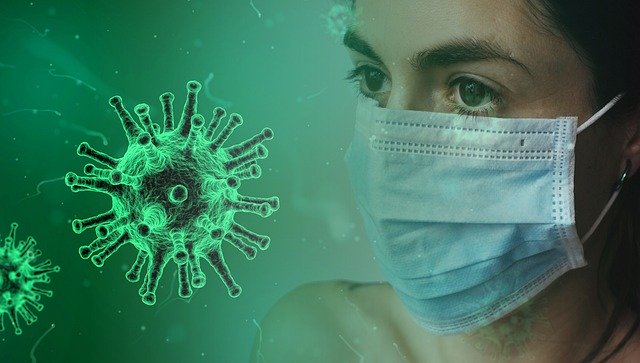Updated: 3 July 2020. Regeneron Pharmaceuticals and drug maker Sanofi report findings from the clinical trial of its synthetic antibody sarilumab did not show people with serious respiratory problems from Covid-19 infections were helped by the drug, compared to the best supportive care for patients.
27 Apr. 2020. A clinical trial testing an arthritis drug to treat Covid-19 patients shows the drug helps the most critical patients, but not others with advanced infections. The study is testing the synthetic antibody sarilumab, marketed under the brand name Kevzara, made by biotechnology company Regeneron Pharmaceuticals Inc. in Tarrytown, New York and drug maker Sanofi in Paris, the companies conducting the trial.
Sarilumab is an approved drug for rheumatoid arthritis, an autoimmune disease, where the immune system is tricked into attacking healthy cells, that leads to inflammation of joints — wrists, fingers, feet, and ankles — and surrounding tissue. The synthetic antibody inhibits a protein called interleukin 6, or IL-6, associated with chronic inflammation and autoimmunity. Regeneron and Sanofi are testing sarilumab as a way to help patients with acute respiratory distress syndrome, a severe and life-threatening outcome of the disease, reduce their elevated levels of IL-6 causing similar inflammation in the lungs.
The study is both a mid- and late-stage clinical trial, with the mid-stage part enrolling 457 participants hospitalized for Covid-19 infections in the U.S. Individuals are randomly assigned to receive a single intravenous dose of sarilumab, either 200 or 400 milligrams, or a placebo. The study team is looking primarily for changes in C-reactive protein levels within four days, a protein made in the liver and a biomarker of inflammation, as well as changes on a seven-point clinical assessment scale, from 1 for discharge from the hospital to 7 for death, within 29 days. Intermediate points on the scale indicate need for supplemental oxygen or mechanical ventilation.
Participants in the mid-stage part include patients rated as critical at the start of the study, those needing mechanical ventilation or intensive care, representing about half (49%) of the participants, while those considered severe, needing additional oxygen support but not ventilation, account for 28 percent of the sample. The remainder, 23 percent, are patients with multiple organ dysfunctions.
As reported by Science and Enterprise on 16 March, the trial uses an adaptive design that enables the study team to adjust the trial protocols as results come in. Results in this case show patients receiving sarilumab quickly show lower C-reactive protein levels compared to placebo recipients. However, clinical assessment scores using the seven-point scale do not change for sarilumab recipients overall, compared to placebo recipients.
Looking closer at sarilumab recipients indicates different results for the sickest patients, those rated as critical, compared to patients with less advanced infections, considered severe. The findings show more sarilumab recipients in the critical group improve their clinical assessments compared to those receiving a placebo, while assessment scores for sarilumab recipients among severe-rated patients actually get worse. In addition, participants receiving higher doses, 400 milligrams, of sarilumab in the critical group score higher on the assessment scale and have fewer deaths than the lower 200-milligram dose recipients. No new safety issues with sarilumab were reported.
Based on these results, an independent review committee recommended, and the companies agreed, to adjust the clinical trial’s protocol to enroll further patients rated as critical, and test only the 400 milligram dose against a placebo, for the remainder of the mid-stage and late-stage parts. The companies say the late-stage part of the trial is recruiting some 400 participants hospitalized with Covid-19 infections in Italy, Spain, Germany, France, Canada, Russia, Israel, and Japan.
More from Science & Enterprise:
- Covid-19 Antibody Therapy Prepares for Trial
- Anti-Viral Drug Treats Some Severe Covid-19 Cases
- Five Covid-19 Vaccines in Clinical Trials
- Trial to Test Convalescent Antibodies for Covid-19
- Trial to Test Electronic-Aided Covid-19 Vaccine
* * *


 RSS - Posts
RSS - Posts
[…] Limited Covid-19 Benefits Found for Arthritis Drug […]